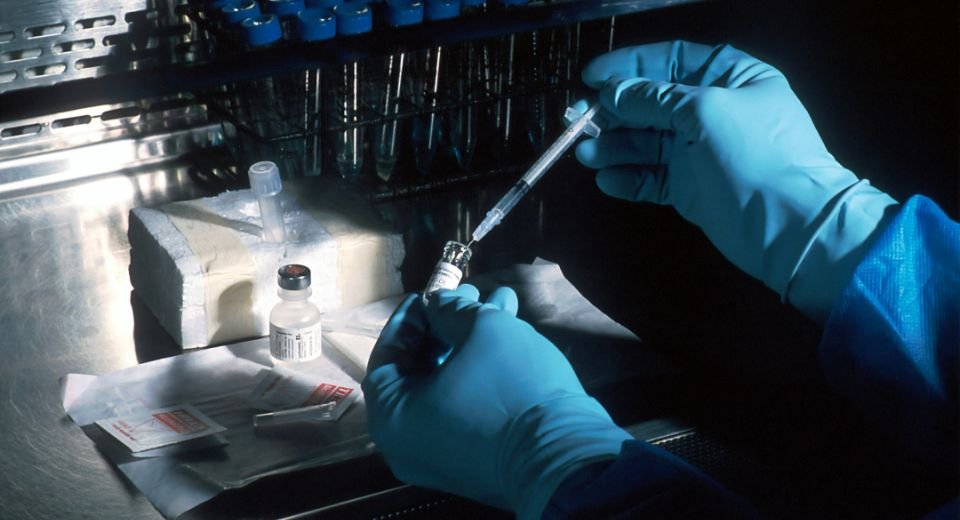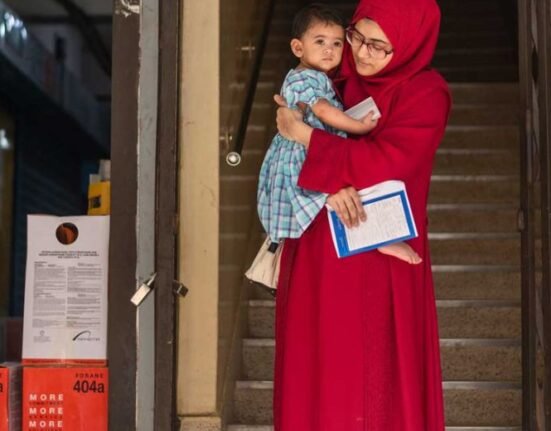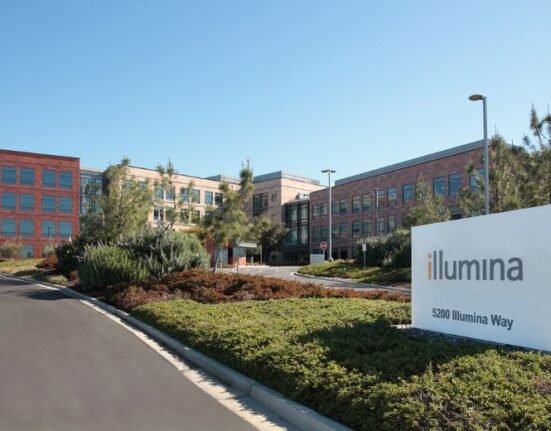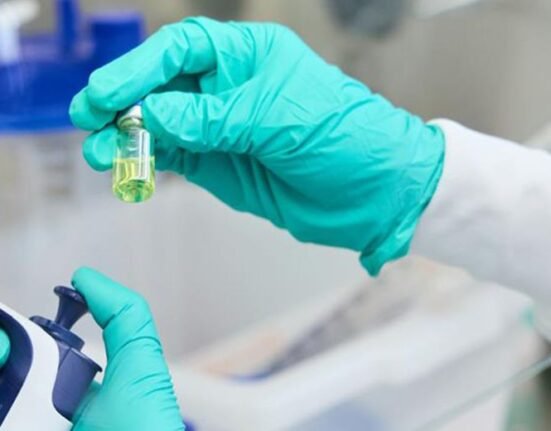HQ Team
February 20, 2024: US researchers have identified 275 million unreported genetic variants in a quarter of a million volunteers that may help understand genetic influences on health and diseases.
The variants were found from data shared by more than 250,000 participants of the National Institutes of Health’s All of Us Research Program and half of the data were from volunteers of non-European ancestry.
The diversity of participants helped in tracking genetic variants, especially in communities that have been left out of research in the past.
Nearly four million of the newly identified variants are in areas that may be tied to disease risk, according to a statement by researchers at the National Institutes of Health, the primary agency of the United States government responsible for biomedical and public health research.
“As a physician, I’ve seen the impact the lack of diversity in genomic research has had in deepening health disparities and limiting care for patients,” said Josh Denny, M.D., M.S., chief executive officer of the All of Us program and an author of the study.
Inclusive participation
“The All of Us dataset has already led researchers to findings that expand what we know about health – many that may not have been possible without our participants’ contributions of DNA and other health information.
“Their participation is setting a course for a future where scientific discovery is more inclusive, with broader benefits for all,” he said.
More than 90% of participants in large genomics studies have been of European genetic ancestry. NIH Institute and Center directors noted in an accompanying commentary article in Nature Medicine that this has led to a narrow understanding of the biology of diseases, and impeded the development of new treatments and prevention strategies for all populations.
A companion study published in Communications Biology, a research team led by Baylor College of Medicine, Houston, reviewed the frequency of genes and variants recommended by the American College of Medical Genetics and Genomics across different genetic ancestry groups in the All of Us dataset.
These genes and variants mirror those in the program’s Hereditary Disease Risk research results offered to participants.
Disease risk
The authors found significant variability in the frequency of variants associated with disease risk between different genetic ancestry groups and compared with other large genomic datasets, according to the NIH statement.
“All of Us values intentional community engagement to ensure that populations historically underrepresented in biomedical research can also benefit from future scientific discoveries,” said Karriem Watson, DHSc, MS, MPH., chief engagement officer of the program.
“This starts with building awareness and improving access to medical research so that everyone has the opportunity to participate.”








